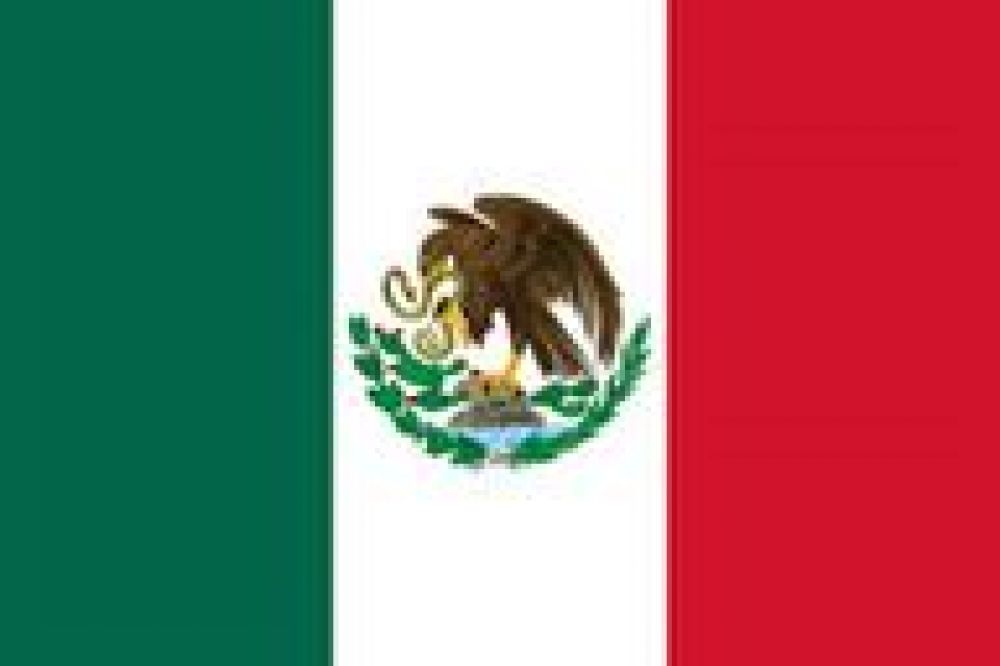Sommeliers Choice Awards 2025 Winners
Mexico is world's top per capita bottled water consumer
Mexicans are the world's largest consumers of bottled water at some 67.3 gallons per capita each year.

Mexicans are the world's largest consumers of bottled water at some 67.3 gallons per capita each year, according to the International Bottled Water Association.
The main reason for this high consumption is a lack of confidence in the purity of public water supplies due to inefficiencies in how water systems are managed, Gian Carlo Delgado Ramos, researcher for the city, management, territory and environment program of the center for interdisciplinary research in science and humanities at the national autonomous university of Mexico (UNAM), told BNamericas.
"Other factors related to high water consumption are campaigns about the poor quality of water carried out by bottled water companies," Delgado said, who also wrote the book "Apropriación de agua, medioambiente y obesidad" (In English, Appropriation of water, environment and obesity", a text focusing on the impacts of the bottling business in Mexico.
After the devastating 1985 earthquake in Mexico City, which killed more than 10,000 people and left another 30,000 others injured, many of the mains water pipes were broken which resulted in sewage polluting freshwater supplies, Delgado said.
But once the water systems were repaired Mexicans continued buying bottled water, he said.
Since then, "Mexico has increased its per capita consumption of bottled water steadily, reaching around 234 liters per year, making it the largest consumer of bottled water in the world," he added.
"It is estimated that the average Mexican currently spends around 432 pesos [US$28.9] per month on consumption of bottled and tap water, which is outrageous for a country with a monthly minimum wage of 2,100 pesos [US$140.8]" the academic said.
It is estimated that every day approximately 21 million PET bottles are thrown away, of which only 20% are recycled with the remaining 80% dumped, with many turning up in rivers and on wasteland, according to civil organization Freshwater Action Network.
Source | bnamericas.com






















